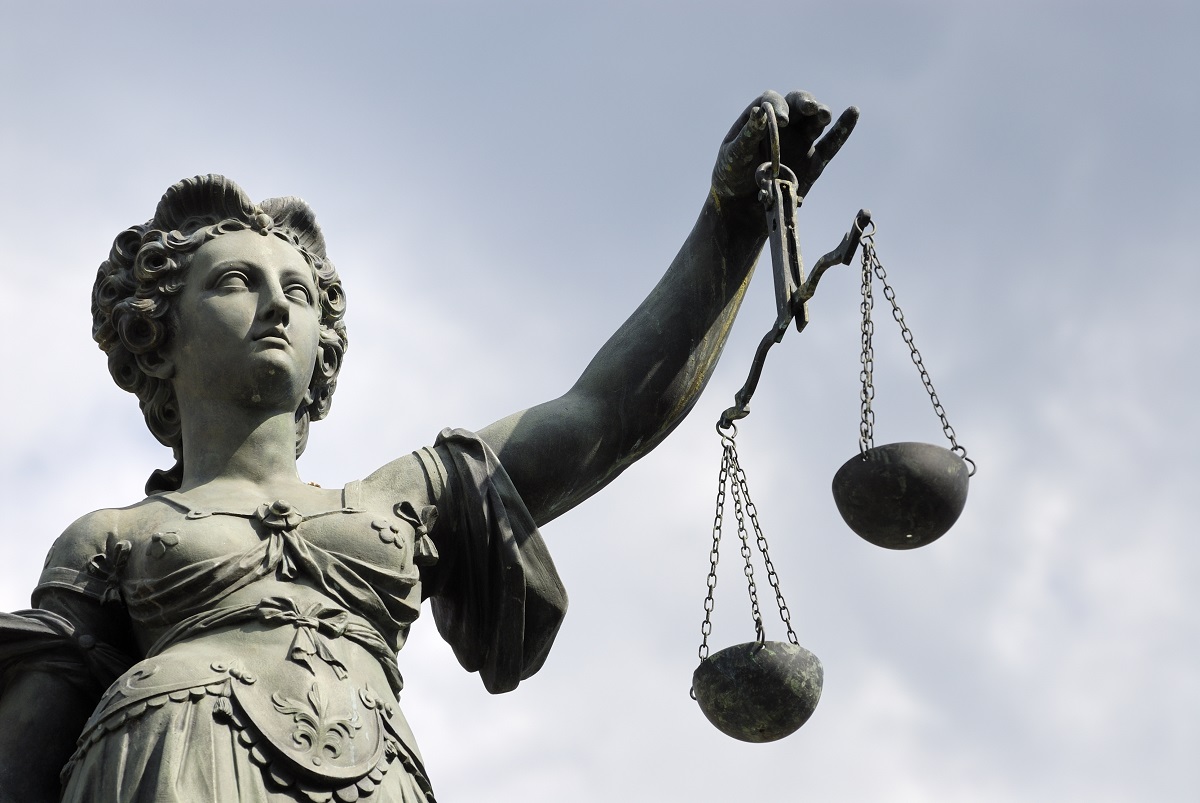CREATORS OF NOVEL GLADUE DATABASE HOPE IT BECOMES WIDELY USED AFTER FREE ACCESS
Terry Davidson, Digital Reporter, LexisNexis Canada
This article was originally published by Law360™ Canada (www.law360.ca), part of LexisNexis Canada Inc. Terry Davidson, Digital Reporter, LexisNexis Canada Inc. © LexisNexis Canada Inc., Toronto Case: R. v. Gladue, [1999] 1 S.C.R. 688
A database for researching Gladue principles in Saskatchewan is now free and open to all, and those behind the first-of-its-kind initiative are hoping such a thing will catch on in other jurisdictions.
In what started May 2018 as a subscription-based online resource, the Gladue Rights Research Database now has open access through funding from the Law Society of Saskatchewan, Legal Aid Saskatchewan and the province’s Ministry of Corrections and Policing.
The combined $18,000 a year the trio provides will go to a small group of University of Saskatchewan students who compile information for the database as part of a paid internship.
For its part, the university is waiving administration fees and providing space for the students to do their work.
Law Society of Saskatchewan director of legal resources and communication Melanie Hodges Neufeld called it too valuable a tool for it to be limited it to those able to afford a subscription.
It will be particularly valuable to lawyers working in the province’s rural areas, she said.
Access to justice means that no matter what community you’re in, you have access to competent legal representation,” said Hodges Neufeld.
So that [lawyer] ‘John Smith’ in Weyburn can stay there and provide that community with the legal services that they need. If you take the access to those resources away, it makes it much more difficult for them to provide that because it really is cost prohibitive.”
Specifically, the database could be used by defence counsel in preparing Gladue reports, which, through providing details into the Indigenous offender’s unique background, can help guide judges in handing down appropriate sentences.
This practice stems from the landmark Supreme Court of Canada decision in R. v. Gladue [1999] 1 S.C.R. 688, which outlined problems these offenders face due to the justice system’s traditional mandate of deterrence, separation and denunciation clashing with the ideals of restorative justice held by Aboriginal culture.
While the database is specific to Saskatchewan, Hodges Neufeld said it could also be of help to those in other Canadian jurisdictions.
But Hodges Neufeld said there is hope Saskatchewan’s Gladue database will inspire others to create something similar.
“What we’re hoping … is [to] have this be the model that other jurisdictions will replicate,” she said. “It is focused on Gladue principles in Saskatchewan, but that doesn’t mean it wouldn’t be of assistance in other jurisdictions. What we’d love to see is other people go, Hey, look at what Saskatchewan has done here and how useful this is, maybe this is something that could be replicated in other jurisdictions.”
University of Saskatchewan history professor Keith Carlson, one of the principals behind the database’s development, is overseeing the students running it.
“What this is doing is two things: It is making sure lawyers working for Indigenous people are better able, at a much more cost-effective way, to get all the information they need for the background for … Gladue rights … in a quick and easy way. It will also enable judges who may not be receiving Gladue reports. Sadly, they are still not being generated all the time in a formal way. Now, what judges can do is … use this database to educate and inform themselves as they come to look for alternatives to sentencing.”
The database gives access to Indigenous community profiles, peer-reviewed research papers, video lectures and a timeline of settler colonialism in Saskatchewan.




